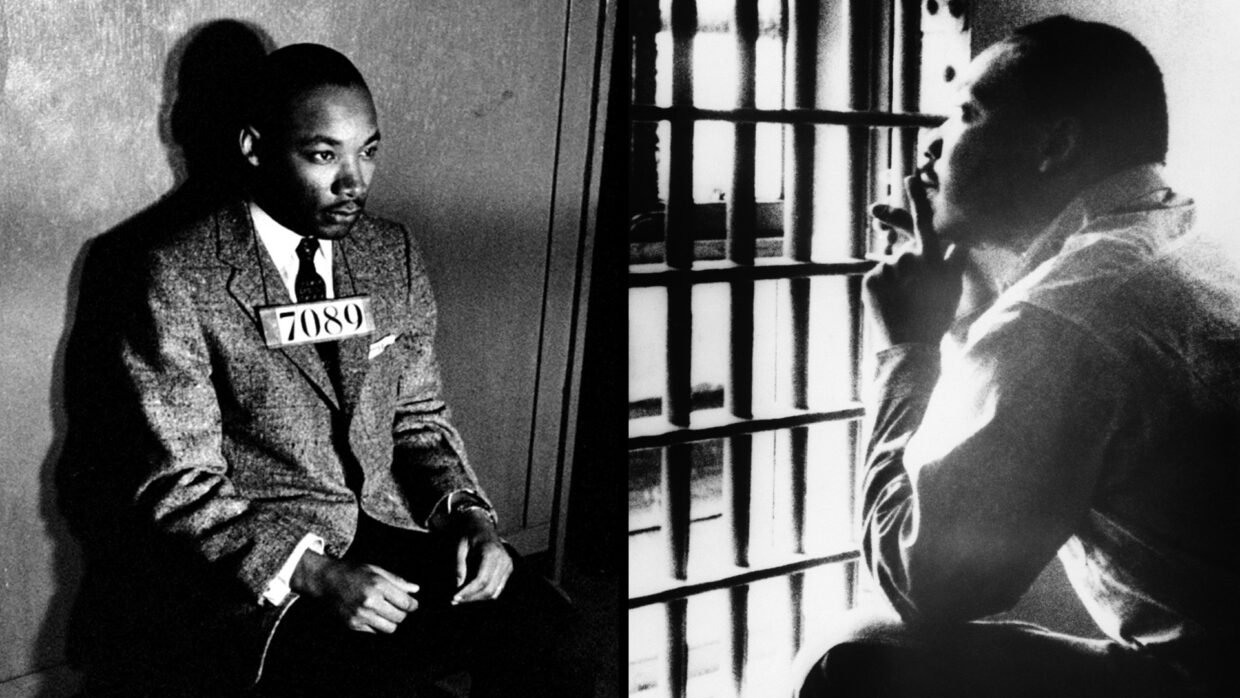In his 1963 Letter from a Birmingham Jail, Martin Luther King Jr. wrote that “freedom is never given voluntarily by the oppressor; it must be demanded by the oppressed.” You must demand it, for it will not be given freely. Yet he also believed that most often, liberty comes to those who petition for it peacefully. Such freedom is not safe from threat, it must be defended as fiercely as it was attained. But because of the peace upon which that freedom is built, its integrity is unassailable.
Let us think a moment on our Passover Seder, our feast of freedom. At the Seder, we drink four cups of wine, each in honor of a promise of God. These expressions of Redemption are
I will bring out,
I will deliver
I will redeem
I will take.
But there is another promise in the conclusion of this verse from Exodus 6:6-7. “I will bring you to land which I swore to your ancestors.” There is some debate among the Rabbis whether we ought to drink a cup of wine for this expression as well.
Some argue that we should, but the custom today is that we don’t. Instead, we recite blessings of praise over it. The argument goes that we can’t drink this cup of wine because we are neither completely free nor completely redeemed. We may have been redeemed from a time in our country when there was injustice and slavery, but we are not all completely free. We cannot drink that fifth cup of wine until all our citizens can experience safety, freedom, fellowship, and equality.
We have come far—yes, we have left Egypt—but we are not yet ready or worth of this fifth cup. There is much work still to be done. At some point, the prophet Elijah will come and rule on this debate between the Rabbis. And when he comes, there will be a great day of our final redemption from war, anguish from sorrow, relief from pain, even from death itself.
May that day come soon for all of us.

